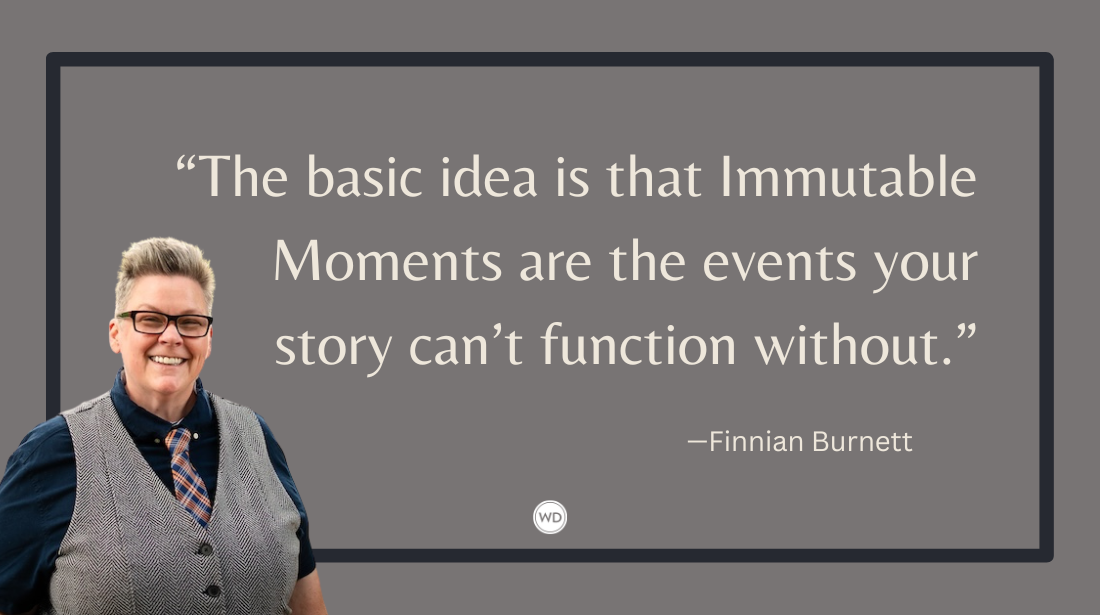How to Write Your Memoir as a Thriller and Your Thriller as a Memoir
Author Art Bell shares a quick exchange with Walter Mosley and how he went about writing his memoir as a thriller and vice versa.
Several months after completing my first novel, I had the good fortune to bump into the distinguished novelist Walter Mosley in the lobby of a New York City hotel. “Mr. Mosley,” I squeaked, hoping he’d heard me while at the same time hoping he hadn’t because what would I possibly say to him? He stopped and turned. “Yes?”
Overcoming my surprise, I blurted out that I was a big fan of his crime novels, that I’d written a memoir called Constant Comedy, and that I’d just finished writing a thriller called What She’s Hiding.
“You wrote a memoir and then a thriller? That,” he said, “is like going from wrestling to boxing!”
I laughed. “Can I quote you?” He nodded yes, smiled, and ended the conversation shortly thereafter.
Mr. Mosley’s insight stayed on my mind for weeks, but was he right? In parsing his metaphor, I concluded that while wrestling is spirited grappling, boxing involves getting hit in the face, losing teeth, risking a concussion, and, occasionally, dying. My takeaway from Mr. Mosley’s observation? Writing fiction is more treacherous and takes a different kind of writer. But the more I thought about this, the less I felt it applied to me and my writing.
My memoir, Constant Comedy: How I Started Comedy Central and Lost My Sense of Humor, recounts how I started the Comedy Central cable channel in the late 1980s. I hoped that readers of Constant Comedy would see how difficult it was to start the world’s first all-comedy network; and that they knew that after HBO launched the channel, it was ravaged by the press and almost didn’t survive its first year! The memoir was my story of how I was overwhelmed by a tough business situation of my own making.
But I wanted the book to be more exciting than that, so I started writing toward cliffhangers: the dozens of times that I faced some seemingly insurmountable problem that would mean the end of my quest to bring a comedy channel into the world. Despite knowing the eventual outcome (the channel survived and ultimately thrived), I hoped writing it with cliffhangers would keep readers wanting to find out how I persevered despite facing impossible odds. Mortal danger? No, but certainly career-ending danger, damaged self-image danger, and failure danger. These would be the high stakes that would propel my story.
The first time someone said to me, “It’s a page turner! I couldn’t put it down!” I knew I’d succeeded in the eyes of at least one reader.
Unlike my memoir, my thriller, What She’s Hiding, isn’t about me, but rather about something I’d pondered for most of my life: How does a non-violent person (like me) face mortal danger? How would someone (like me) react? So, I began the story of a mild-mannered lawyer (Henry) who finds himself in a life-threatening situation. I kept writing to see what would happen to him. Writing in the first person enabled me to envision Henry’s dangerous world through his eyes. I got to know his quirks, his sense of humor, and his values. As I wrote, I discovered how Henry would handle his unfamiliar yet dangerous situation. It soon began to feel as if I were writing Henry’s memoir!
One thing that supported my feeling that I was writing Henry’s memoir is that it’s written in the first person. Had I chosen to write my thriller in the third person, it would have been a much different writing experience. First-person narrative of any sort, fiction or nonfiction, limits the writer’s ability to do anything other than observe. There’s no way to know how others feel unless they explicitly show their feelings or voice them in dialogue. Only the narrator can have internal monologues. I chose to write What She’s Hiding as a first-person narrative from Henry’s point of view because after writing my memoir, I liked telling the story from one person’s vantage point.
So, do I agree that moving from memoir to fiction is like going from wrestling to boxing, as Walter Mosley suggested? For me, it was more like going from wrestling with your big brother to being on the school wrestling team and facing an unknown opponent. Similar, but with surprises.
Check out Art Bell's What She's Hiding here:
(WD uses affiliate links)








